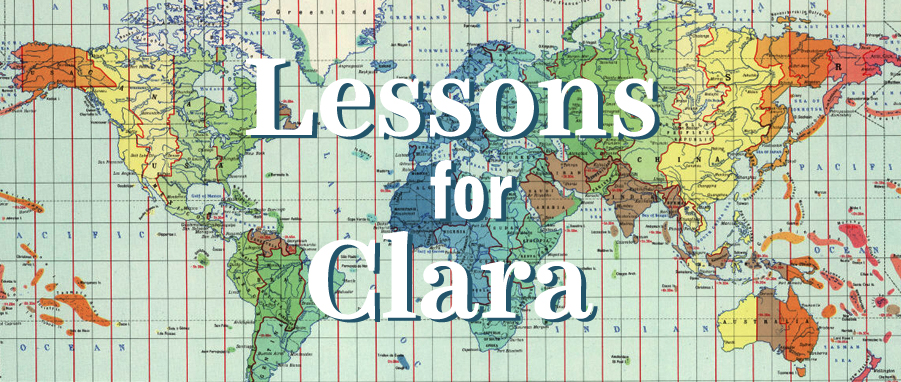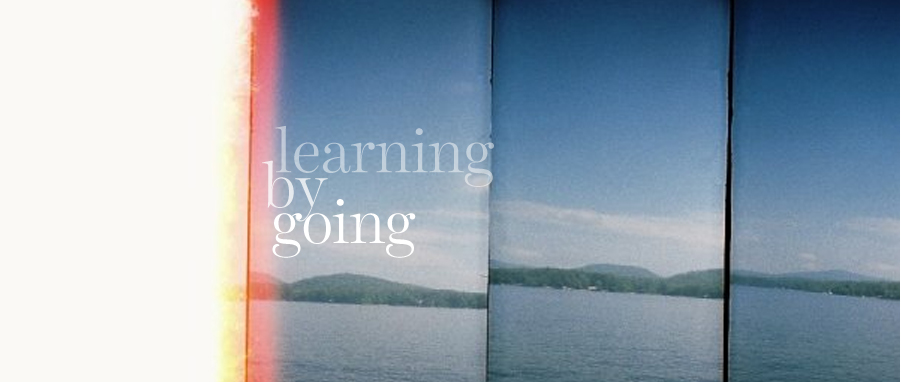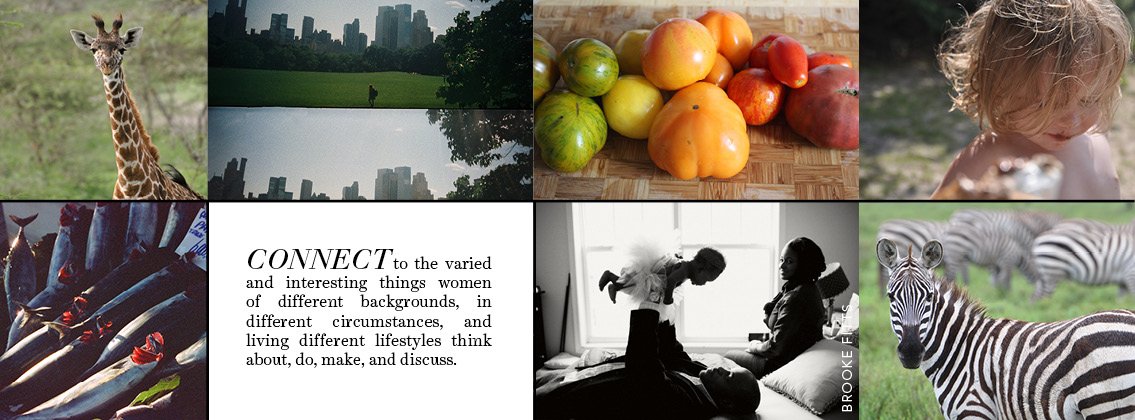Things were better by the time I graduated from high school. I still had to balance my schedule carefully, and I was still confined to a wheelchair when I went shopping—but I had made great strides from the year before. I could walk up the stairs in my parents’ house without pain. College would be difficult for me, I knew, but I was confident that I could handle it. With care and caution, I knew I could put together a schedule that wasn’t too much for me. At least, I thought, I wouldn’t have to be one of “those people” whose health problems were serious enough to prevent them from higher education.
I packed my bags and drove across the country with my family. I was moving from big-town North Carolina to small-town Idaho; as the trees fell away to plains outside my car window, I could feel the homesickness growing.
My first year of college went smoothly. I took as light a schedule as I could while still being a full-time student. I missed so much class that I had to have a special letter from the office of disabilities giving me extra sick time, but I still managed to make it through my first two semesters with a near-perfect GPA and a journal filled with memories.
Not long after I began my third semester, my health started to decline again. I battled lung infection after lung infection, and my fatigue seemed worse every day. The previous summer, ballroom dancing had become my passion, and I’d spent hours each week dancing. Within a few weeks of the start of the new semester, I had to drop both of my dance classes. I was too out of breath to dance like I had just months before, and the exercise left me exhausted.
Still, I tried hard to live a normal life. I kept up with my classwork, stayed on top of my healthcare regimen so that I could take advantage of the energy I did have, and got a boyfriend. As fall passed into winter—always an early occurrence in southeast Idaho—things between the two of us began to get more serious. By the time I left for Christmas, Mahon had told me that he would like to marry me. By the end of January, we were engaged.
That spring, an outbreak of a particularly nasty strain of the flu went around my hometown. For nearly a month, I stayed in isolation and didn’t see any of my friends, for fear that I’d catch it. Ironically enough, weeks after everyone else had gotten better, I started showing symptoms. I ran a high fever for several weeks, losing fifteen pounds and developing a serious lung infection. I’d already been in the hospital once that year—a fairly routine annual event—but as the first flowers began to bloom in North Carolina, I found myself a hospital patient once more.
It quickly became clear that I wouldn’t be able to travel back to Idaho in the coming weeks, as I’d planned. My recovery was slow; I lay in bed for several weeks, unable to do much more than read light books and try to gain back all the weight I’d lost. Instead of catching a plane to Idaho to spend time with my fiancé—who was still in school—and plan a wedding, I was faced with the necessity of taking a medical deferment from the summer semester that I was supposed to be attending.
Suddenly, I had become one of “those people.” Frightening possibilities crowded through my mind, marching one after another like ants at a picnic. Would I be able to go back to school in the fall? Would I be able to finish school at all? Would I have to withdraw from school to take care of my health? I had always been driven, ambitious; I had spent my life looking forward to my undergraduate education, and I had loved the year and a half of school I had already completed. Each time I thought of the possibility that I might have to eventually withdraw, I felt sick to the pit of my stomach. I spent long afternoons that summer crying, mourning the dreams that I felt were slipping through my fingers.
By the time I got married late in August, I had had three hospital stays in the last six months. I found myself wondering if I would ever manage to crawl back from where I was now; was this the beginning of a decline I’d never be able to pull out of?
I did go back to school that autumn. Within the first two weeks, it was clear that the full-time schedule I had signed up for would be too much for me. I dropped one class, and then another, until I had pared my course load down to only two or three classes. Even then, I found myself missing class often, easily drained by the effort of keeping up with homework while adjusting to married life and a household of my own.
But always, the fear haunted me. I felt hounded by guilt—at taking such a light courseload, at all the times I felt I’d failed as a wife when I had to ask my husband to take care of me yet again, at the nagging feeling that maybe I should be pushing myself harder, be one of the people in inspirational commercials who accomplishes great things despite their setbacks. I was daunted by the prospect: Most days, I considered getting through my classes and getting dinner on the table to be a Herculean effort.
The fear, and the guilt, stayed with me, an insidious voice always present in the back of my mind.
It would be years before I learned how to silence that voice.
In this space, Cindy Baldwin will share her evolution---the ways she has come to accept the circumstances of her life with cystic fibrosis and find great contentment within them. You can read the beginning of her story here and here.


































